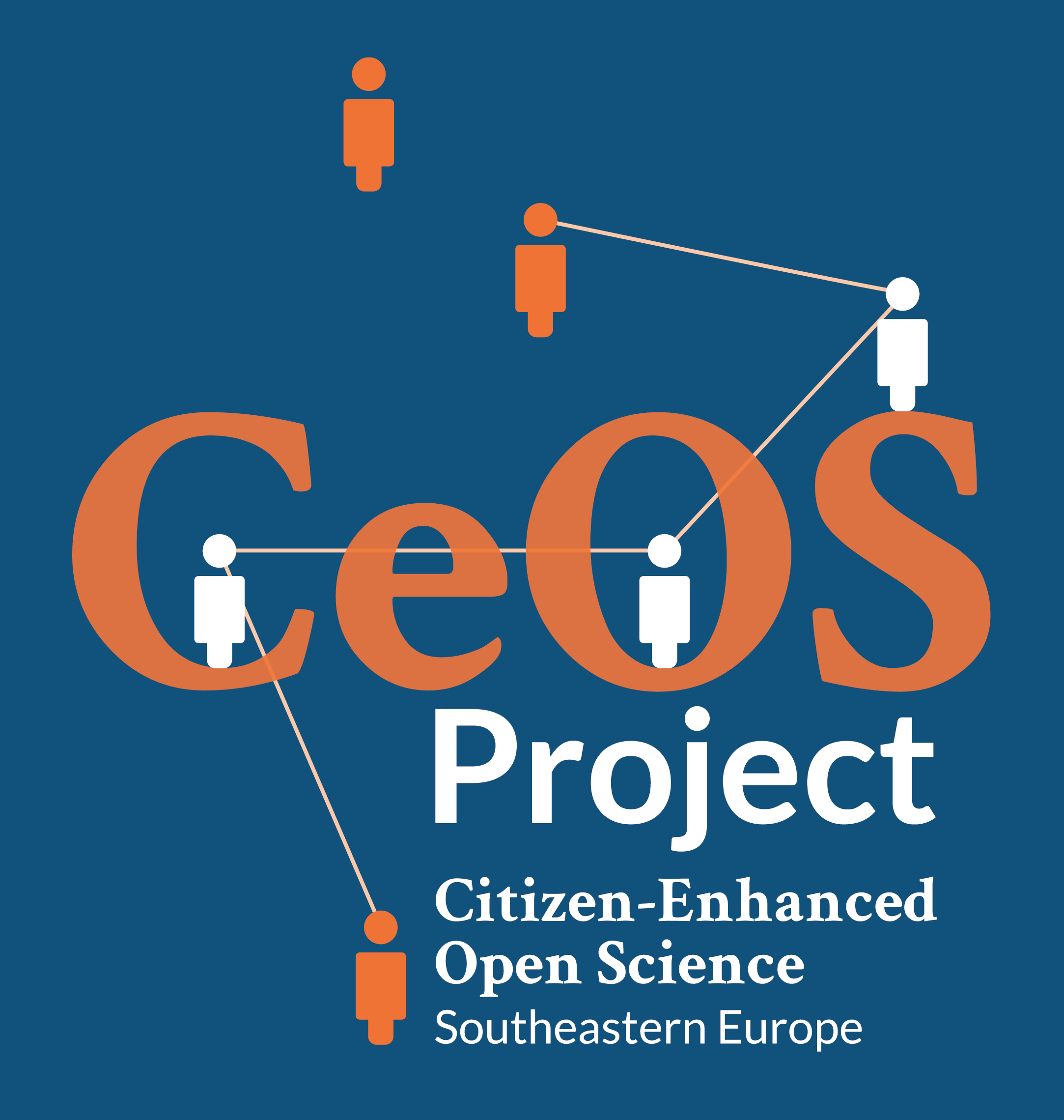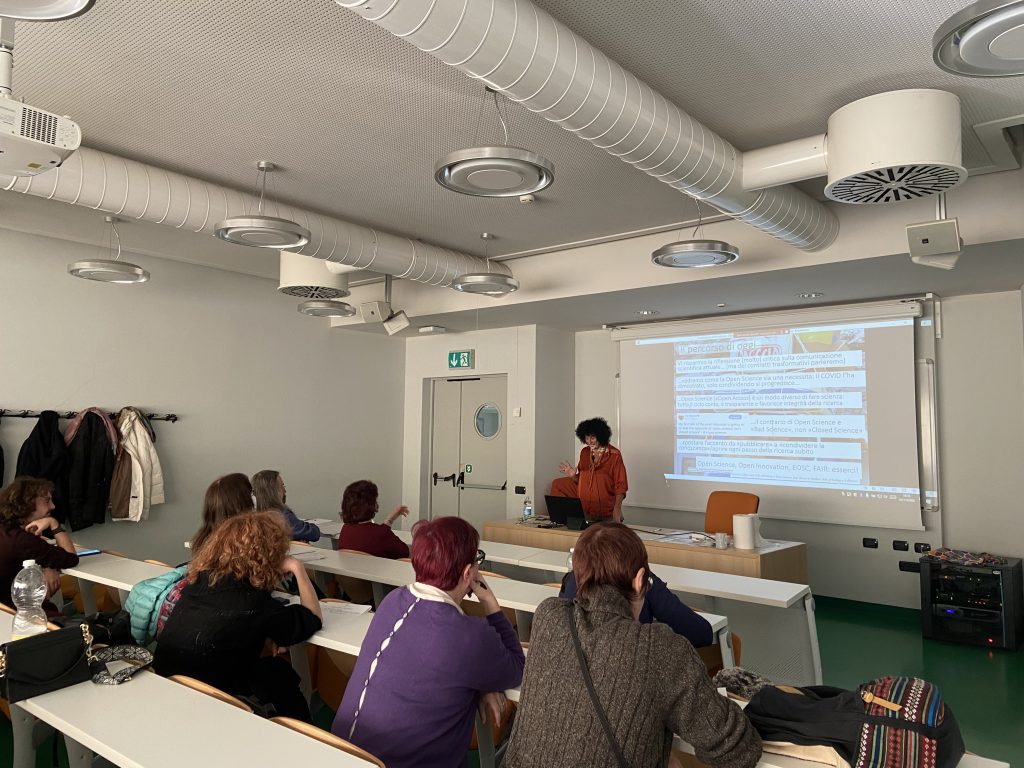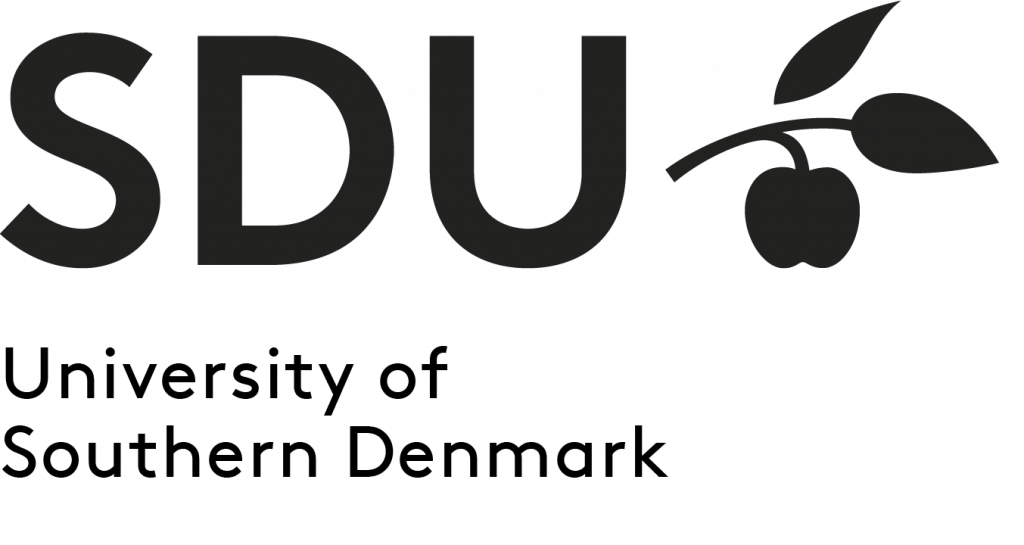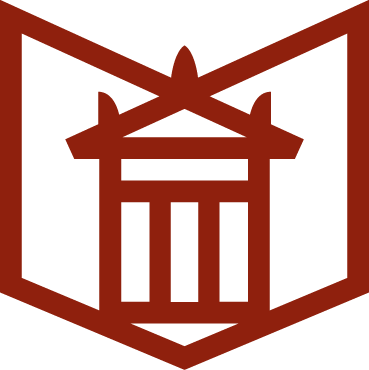On the 22 and the 24 of November UT carried out a training course for UT librarians and HE staff. The six-hour training course was organised in two parts.
The first part, held by Maria Cassella (Norberto Bobbio Library and CeOS_SE), focused on the definition, (and the main characteristics) of Citizen Science (CS), projects in Europe, the role of libraries and librarians in supporting CS projects, platforms and tools, best practices and case studies of libraries and CS. The case study of the SDU Knowledge Center and of UCL Transcribe Bentham were presented. The Barcelona OpenSystems project Citizen Science in Action was selected as a best practice of a successful collaboration amongst researchers, the public and research libraries. The CeOS_SE project was also presented as a best practice of research libraries being actively involved in a CS project.
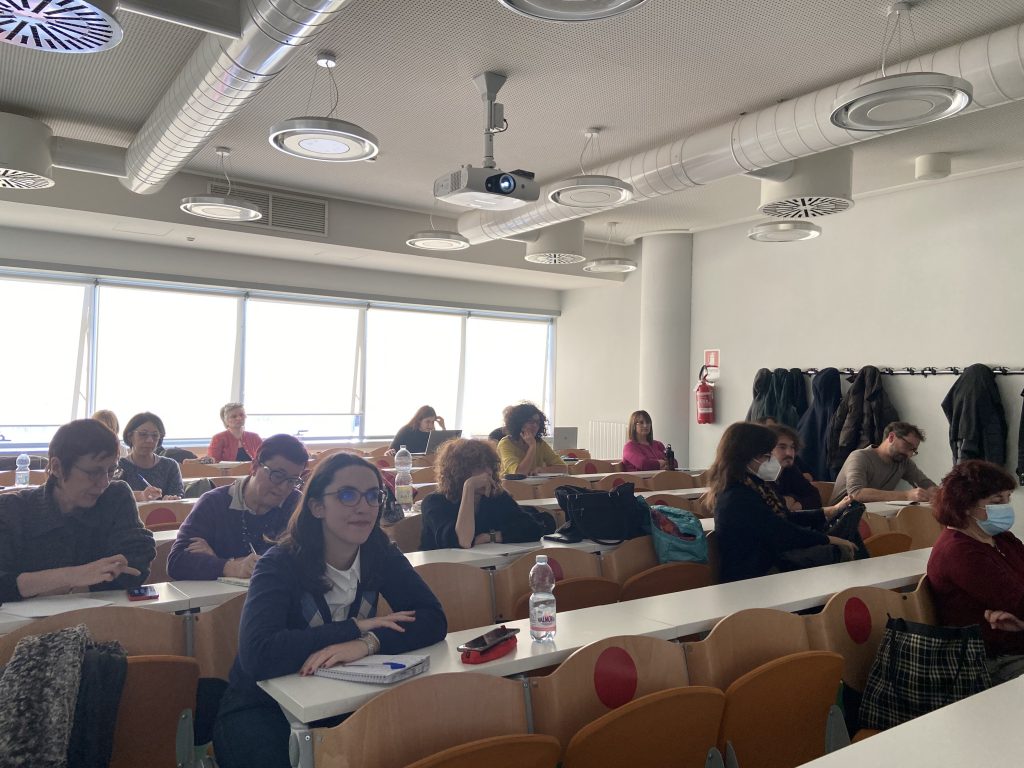
At the end of the first training session, participants were divided into 3 groups and involved in a scenario activity to imagine, from the perspective of a research library director, strategies on how to involve volunteers in a citizen science project chaired by the University of Turin (TO-Herp).
On the second day of training, Elena Giglia (chair of Unità di Progetto Open Science) focused on the recent goals and challenges of Open Science, including FAIR data and its impact on society. She also dealt with the National Open Science Plan published in 2022 and recent research assessment goals, presenting the COARA, Coalition for Advancing Research Assessment.
By addressing the course to librarians and UT research staff, the training event allowed the two groups to share their different knowledge and points of view on CS. Different solutions were found to solve the scenario problem and the discussion was lively and proactive.
